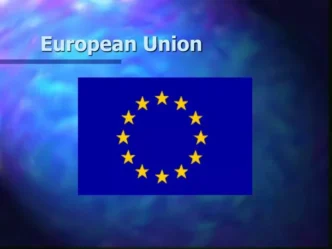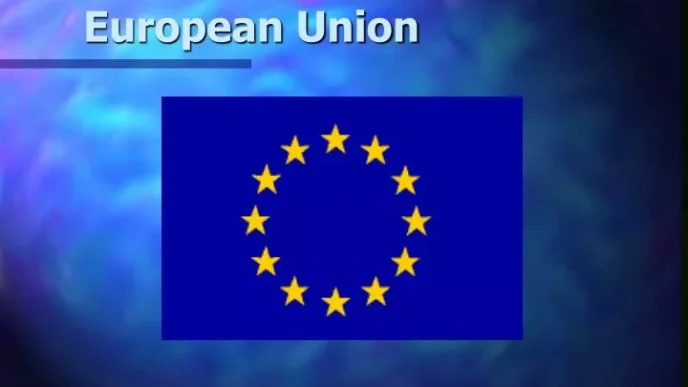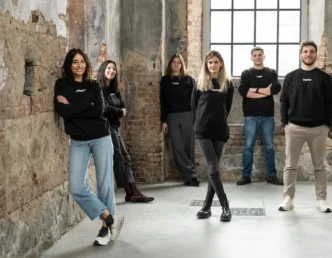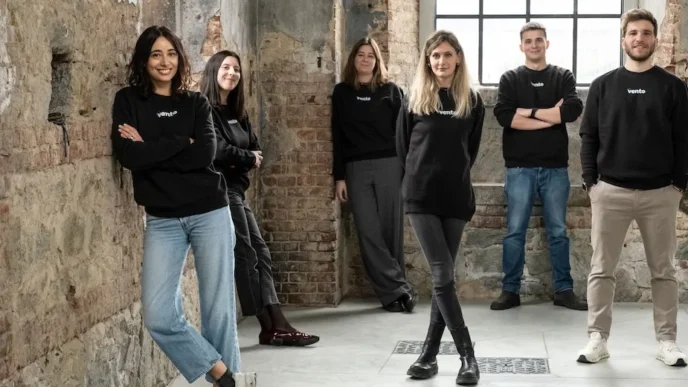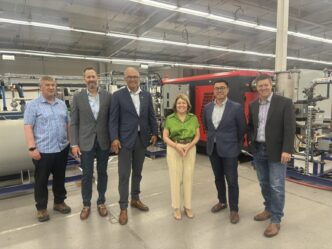Inductive Bio just secured $25 million in Series A funding to push its AI drug discovery platform further into the spotlight. The round was led by Obvious Ventures, with participation from Andreessen Horowitz Bio + Health, Lux Capital, S32, Character, and Amino Collective. Several top angels also joined, including Oren Etzioni, Jeff Hammerbacher, Malay Gandhi, and Jakob Uszkoreit.
This raise comes at a pivotal moment. Drug developers are under pressure. Early-stage funding is drying up, Chinese biotech competition is heating up, and traditional discovery processes remain slow and costly. One of the biggest challenges is optimizing ADMET — how drugs are absorbed, distributed, metabolized, excreted, and how toxic they might be.
That’s where Inductive Bio’s AI drug discovery platform makes a real difference.
The startup built a data-sharing consortium that allows companies to contribute anonymized preclinical data in a protected space. This collective dataset trains powerful AI models that learn from thousands of real-world discovery programs. The result is Compass, Inductive’s software platform that helps predict a molecule’s ADMET profile before it’s even made in a lab.
For medicinal chemists, this is a game-changer. It means fewer failed experiments, faster decisions, and more promising drug candidates.
According to Brock Shireman, SVP of small molecule drug discovery at Rapport Therapeutics, designing compounds with the right ADMET properties is a major hurdle. But Inductive’s AI tool gives their team an edge. It helps them focus only on molecules that are worth the effort — before wasting time and resources on synthesis.
Since launching just a year ago, Compass has supported dozens of active drug programs across many therapeutic areas. Chemists have already used it to explore more than a million molecule designs. One recent project with Nested Therapeutics led to a candidate with strong potency and excellent pharmacokinetics. That success was published in ACS Medicinal Chemistry Letters.
Inductive Bio also proved its technology in the Polaris ADMET challenge. Competing against 38 top academic and industry teams, its Beacon-1 model came out on top. The competition tested AI models on a real-world coronavirus drug discovery dataset — and Inductive won first place.
Co-founder and CEO Josh Haimson says the industry needs a smarter, faster way to get new therapies to patients. Current methods are like playing “whack-a-mole,” constantly adjusting one property only to disrupt another. Inductive’s AI drug discovery platform helps avoid that. It provides accurate, early-stage predictions that guide scientists toward better results.
The fresh funding will help Inductive expand its AI research, grow its data-sharing network, and roll out its platform to more companies. The team also plans to build an AI-native contract research organization (CRO), making these tools available to companies of all sizes.
Investors believe the startup is delivering real change. Rohan Ganesh of Obvious Ventures says Inductive isn’t just riding the AI hype. It’s showing how new scientific tools can actually speed up innovation — especially in drug development.








